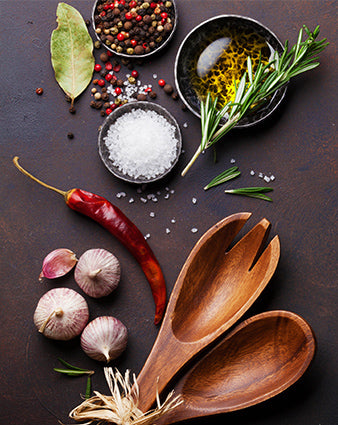Organic vs Conventional Agriculture: Weighing the Pros and Cons 🚜
Welcome, ladies and gentlemen, to the epic battle between two farming giants: Organic Agriculture and Conventional Agriculture! 🥊
In one corner, we have the champion of the soil, the proponent of sustainability, and the defender of all things natural – Organic Agriculture. And in the other corner, we have the powerhouse of efficiency, the ambassador of modern technology, and the provider of abundant yields – Conventional Agriculture.
Get ready to witness the ultimate showdown as we weigh the pros and cons of these farming heavyweights. So, grab your popcorn and let the showdown begin!
Round 1: Pesticides and Chemicals ⚠️
In the world of farming, pesticides and chemicals are the prime tools of battle. Conventional Agriculture employs them to wage war against pests and diseases, ensuring maximum crop yields.
But wait! Organic Agriculture steps into the ring and throws a mighty punch by championing natural methods, like crop rotation and biological pest control, which keep chemicals at bay. Score one for Mother Nature!
Round 2: Soil Health and Nutrient Density 🌱
Ah, the soil – the lifeblood of any farming operation. Conventional Agriculture relies on synthetic fertilizers and high-intensity farming techniques to maximize production. While it may yield bountiful crops, it often leads to soil degradation, loss of biodiversity, and decreased nutrient density.
But fear not, Organic Agriculture is here to the rescue! By promoting composting, cover cropping, and crop diversification, organic farmers nurture their soil, maintain its health, and produce nutrient-rich goodies for our tables. The crowd goes wild for organic!
Round 3: Cost and Accessibility 💰
Time to talk moolah! Conventional Agriculture boasts cost-effective methods that make food more affordable and accessible to the masses. With advanced machinery, genetically modified organisms (GMOs), and economies of scale, it keeps prices down.
Organic Agriculture, on the other hand, can be pricier due to its labour-intensive practices and smaller-scale production. But hey, let's not forget that organic food is often tastier and healthier, and our bodies deserve the best, right? It's a tough call in this round!
Round 4: Environmental Impact 🌍
Ding, ding! Round four is all about the environment. Conventional Agriculture's heavy machinery and intensive practices have been accused of contributing to air and water pollution, deforestation, and greenhouse gas emissions. Not a good look, my friends.
But hold your horses! Organic Agriculture swoops in with its sustainable farming methods, reducing pollution, preserving biodiversity, and mitigating climate change. Give it up for the green warriors of organic farming!
Final Verdict 🏆
As the dust settles and the crowd goes silent, it's time to declare a winner in this battle of agricultural giants. While both Organic Agriculture and Conventional Agriculture have their strengths and weaknesses, the decision ultimately lies in our hands. We must strike a balance between high yields and sustainable practices, affordability and health benefits, so that future generations can enjoy the fruits of the land without compromise.
So, dear readers, whether you choose to support the natural warriors of Organic Agriculture or the efficiency aficionados of Conventional Agriculture, remember that the real victory lies in fostering innovation, collaboration, and a shared commitment to a healthier planet.
Until next time, keep the farming spirit alive, embrace the best of both worlds, and let's continue the quest for a brighter, greener future!
Disclaimer: No actual punches were thrown during the creation of this fun blog post. Agriculture is a diverse field with a wide range of practices, and this article is intended to entertain and inform rather than promote one method over the other.







